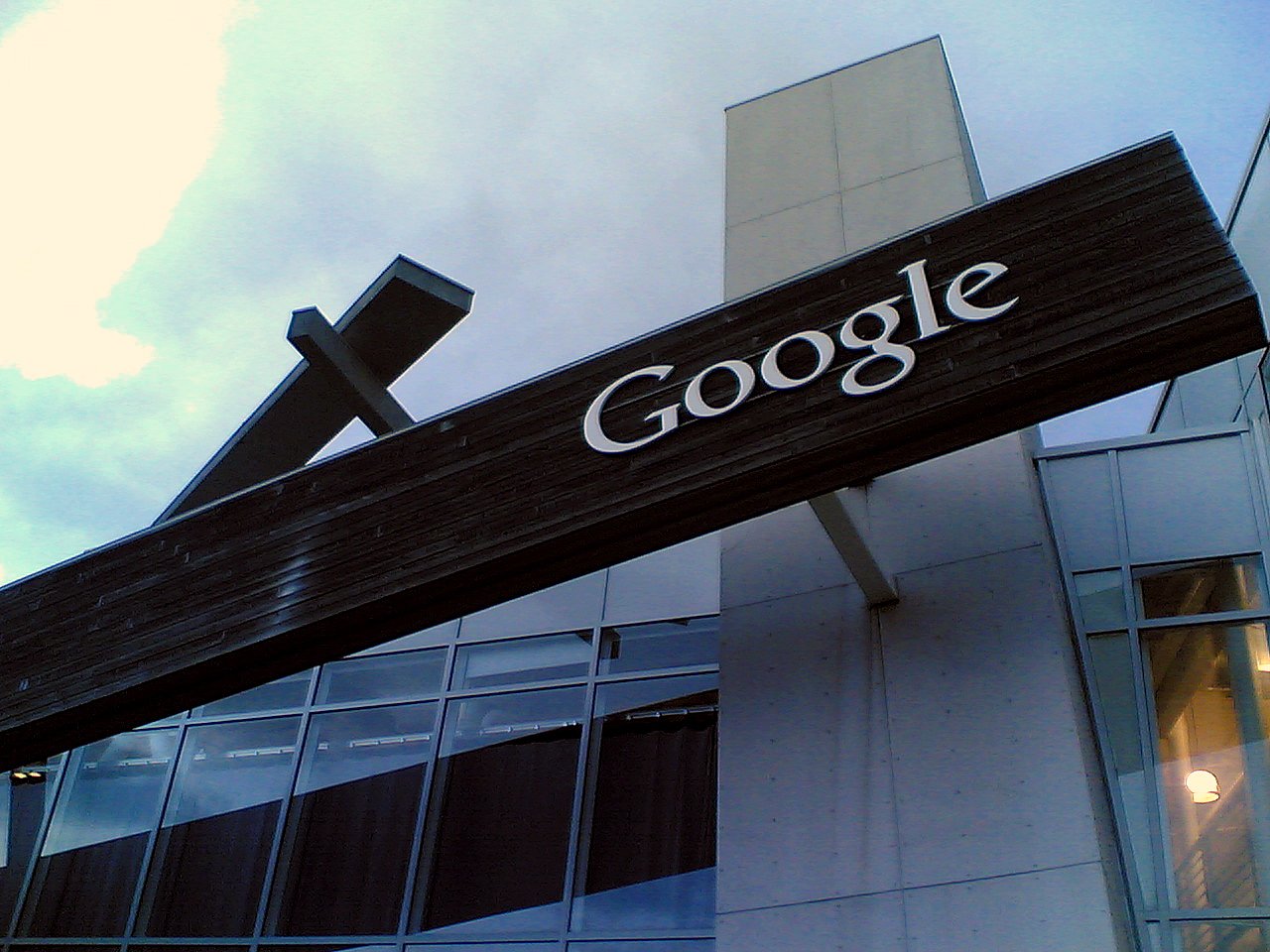 EMERGING TECH
EMERGING TECH
 EMERGING TECH
EMERGING TECH
 EMERGING TECH
EMERGING TECH
Google LLC has revived its “Labs” organization, at least unofficially, with the creation of a new group that’s meant to oversee what the company considers to be “high-potential, long-term projects” such as its augmented reality, virtual reality and Area 120 efforts. The Labs at Google initiative signifies a renewed commitment to innovation and technological advancement.
The new Labs group will be led by Google’s veteran executive and Vice President Clay Bavor, who was most recently tasked with leading the company’s efforts in VR and AR research. As part of that, he headed up an initiative called Project Starline that’s working on cutting-edge holographic videoconferencing technology.
The new organization will include that effort, as well as Google’s existing AR and VR projects, plus its in-house incubator Area 120. Labs at Google will also include other high potential projects. TechCrunch, which first reported the news, said Bavor will report directly to Google Chief Executive Sundar Pichai.
Area 120 is an incubator that was created in 2016 to try to keep some of the company’s budding entrepreneurial talent in-house. The idea is that they can develop their ideas and gain access to Google’s data, products and resources, instead of creating a startup and going it alone.
The organization has proved appealing to some, with Area 120 churning out a number of successful projects that have since emerged as standalone companies. One of the most successful was ByteBoard Inc., which created a technical interview platform and spun out of Google. There were also the AdLingo conversational advertising platform that spun out to Google Cloud, and GameSnacks, a HTML5 gaming platform that still belongs to Google and is now integrated with the Chrome browser in some countries.
Area 120 is said to be incubating up to 20 projects at any one time, with some of the most interesting current ones being the document scanner service Stack, the Wi-Fi spectrum marketplace Orion, and the workplace video platform ThreadIt.
TechCrunch reported that Google is only using the “Labs” branding internally, so it’s not officially bringing Google Labs back to life. The original Google Labs organization ran from 2002 until 2011, and gave birth to numerous ideas that eventually emerged as popular tools and services widely used today, including Google Docs and Sheets, Google Shopping, Google Web Alerts, Google Maps, Google Transit, Google Trends and many more.
Charles King, an analyst with Pund-IT Inc., said Google probably has two goals with its revival of Google Labs and Bavor’s appointment. The first, he said, is to add a layer of practical oversight so projects can be evaluated, funded or rejected more efficiently. Bavor will also ensure the projects are aligned with Google’s strategic vision and efforts, King believes.
“Google’s second aim is to place a management layer between Labs and Google corporate,” King added. “Those benefits may be fairly subtle in taking what are more or less housekeeping chores off the desk of the CEO of an increasingly large and complex corporate entity. But the move should also be seen as a vote of confidence in Bavor and the leadership he has provided for Google’s AR and VR efforts.”
Constellation Research Inc. analyst Holger Mueller said the involvement of Bavor shows Google’s trust in the 16-year-old executive, who has been charged with leading an expected acceleration of its all-important research and development efforts.
“It’s not a surprise to see Google Labs is back, as large tech vendors always need to do some research functions outside of their regular R&D efforts,” Mueller said. “Doing this allows for more innovation independent of its monetization-driven work.”
The announcement, which was not made public but confirmed in a statement to TechCrunch, said the new organization will focus on “starting and growing new forward-looking investment areas.” It added that the new Labs at Google will focus its efforts on “extrapolating technology trends and incubating a set of high-potential, long-term projects.”
THANK YOU